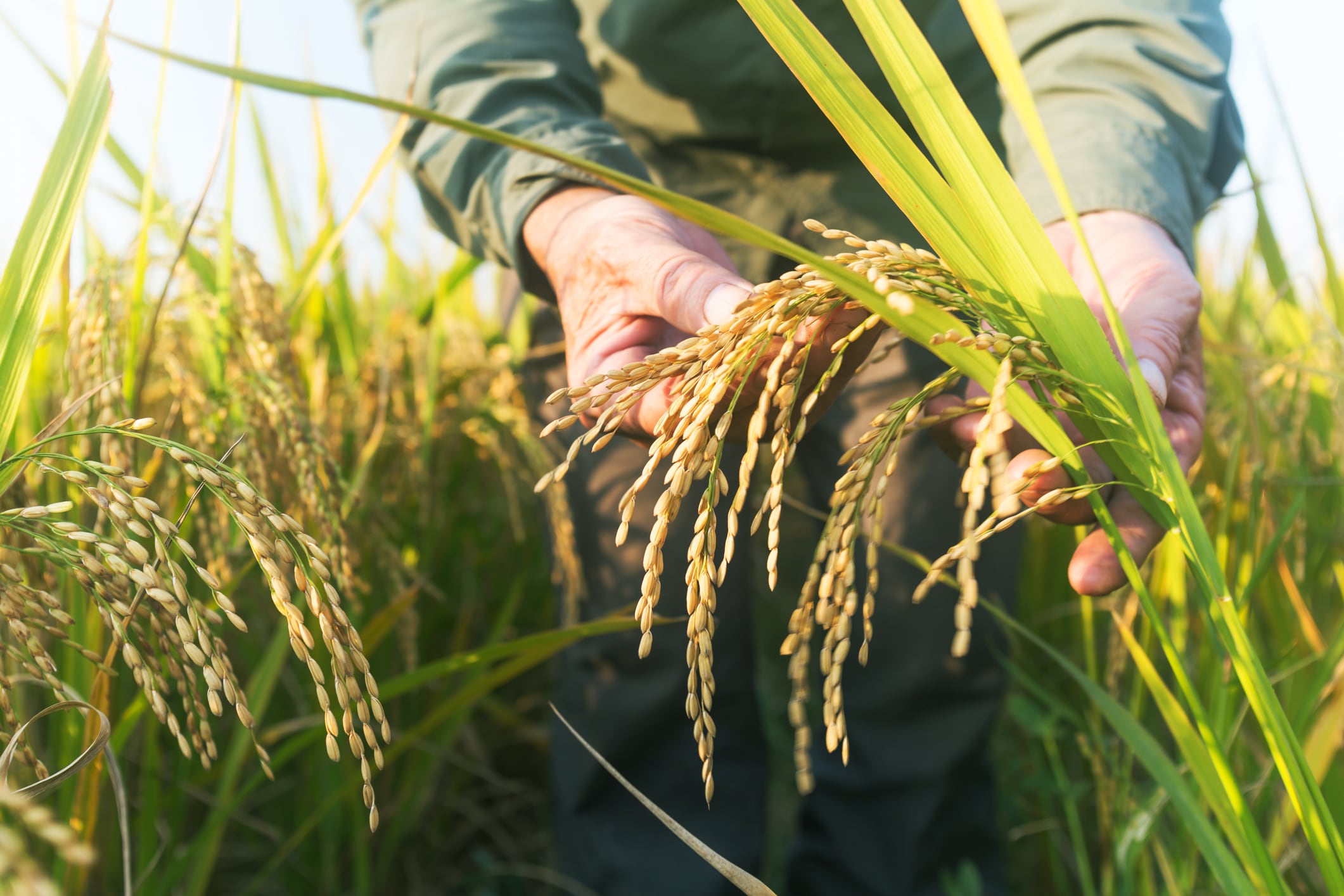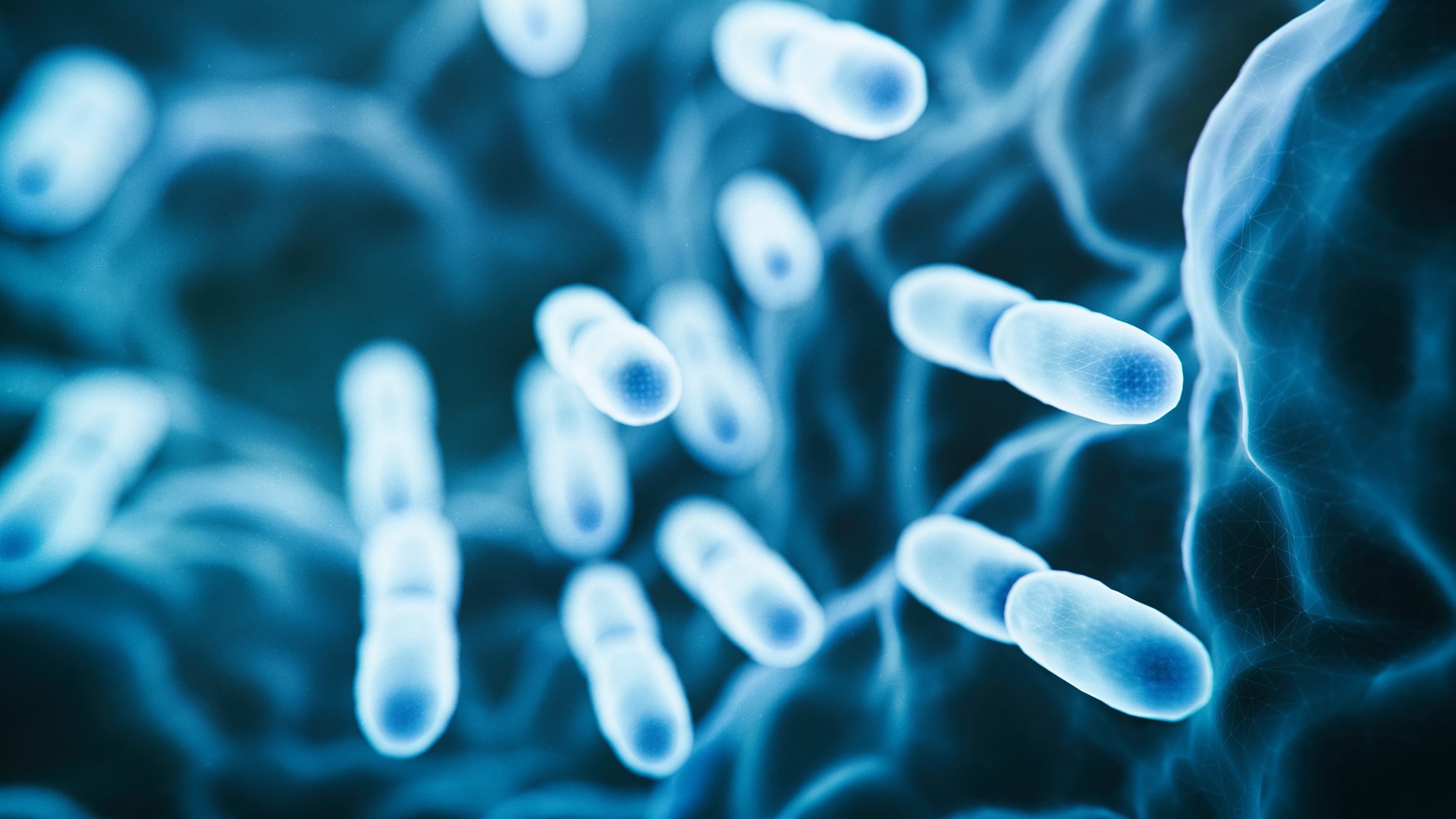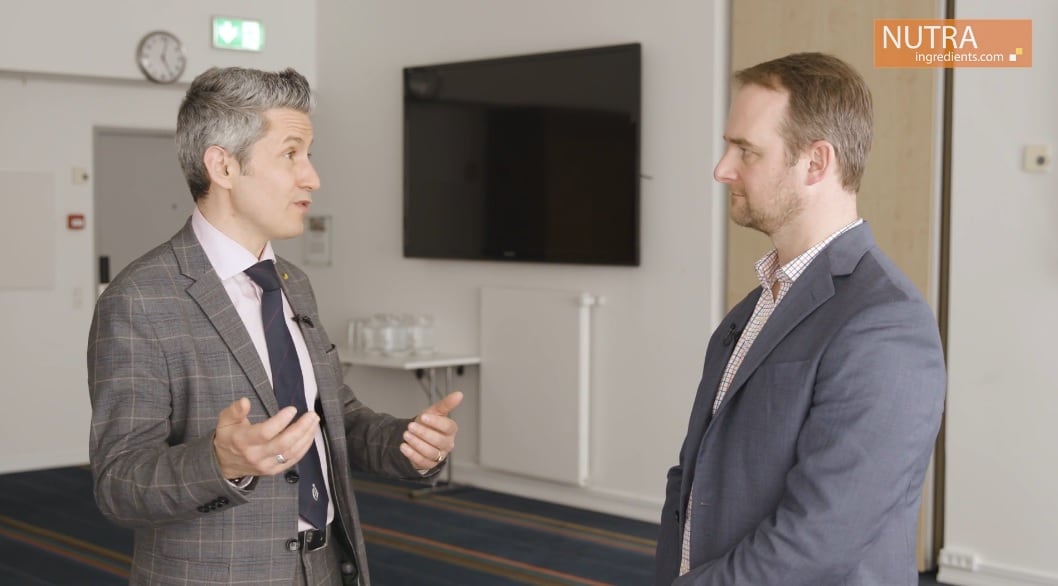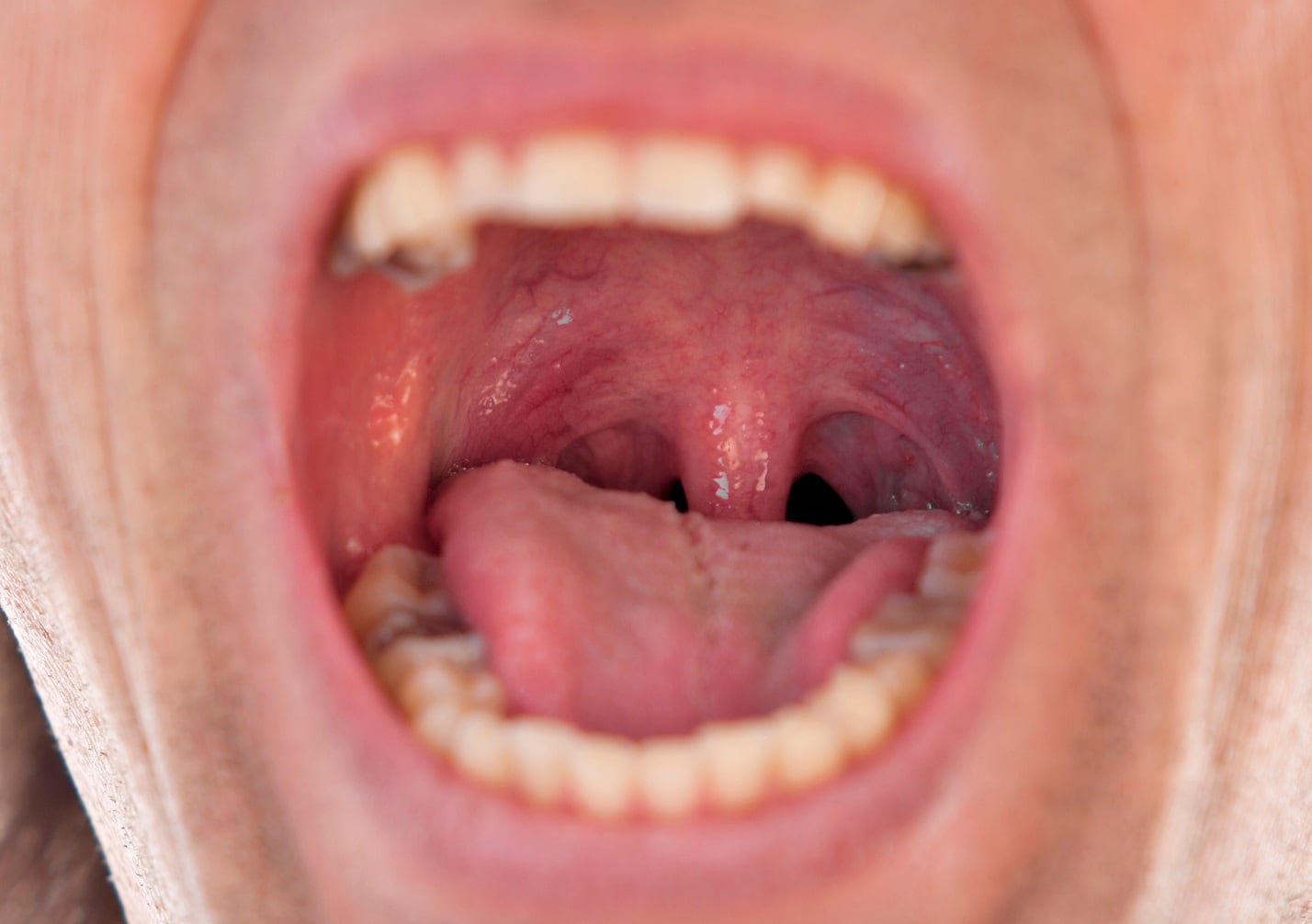Scientists from the University of Calcutta and Visva-Bharati in India focused on Phytobacter sp. RSE02, a microorganism found in the internal tissues of seeds (a seed endophyte).
“The discovery of RSE02 represents a significant advancement in understanding the intricate connections between plant and human microbiomes, revealing a promising area for innovative health applications,” they wrote in Scientific Reports.
“The existence of this microbe within the rice seeds suggests a mutualistic relationship with its host and raising important questions about the potential transfer of beneficial traits from plants to human through rice consumption.”
Experiments in human cell lines, zebrafish and mice supported the safety of the bacterium, with no virulence or toxin-producing genes detected. RSE02 does not adhere to the Caco-2 human cell line nor the gut of zebrafish, the researchers noted. In addition, further analysis showed that the microorganism possessed genes for producing key vitamins such as folate, biotin and vitamin B12.
Probiotics are defined as “live microorganisms that, when administered in adequate amounts, confer a health benefit on the host” (WHO/FAO, ISAPP).
Health benefits
The Indian researchers reported that Phytobacter sp. RSE02 can survive in a model of the gastrointestinal environment.
“The resilience of RSE02 opens avenues for exploring its dual functionality as a ‘plant probiotic’ with implications for human well-being,” they wrote.
Additional analysis showed that the bacterium uses cholesterol as its sole carbon source. When lab mice were fed a high-fat diet with or without RSE02, the data showed that RSE02 was associated with significant reductions in cholesterol levels and body weight. The bacterium was also found to reduce fat deposits in the abdomen and the weight of the liver.
“Interestingly, the serum HDL, LDL, VLDL and TG levels decreased to normal levels, similar to those of the control mice when treated with RSE02,” the researchers wrote. “The potential of RSE02 to mitigate hypercholesterolemia in mice establishes a direct link with cardiovascular health.
“The time-dependent reduction in lipid accumulation observed in the blood, liver, peritoneal and brain tissues of high-fat diet-induced obese mice underscores RSE02’s potential as a natural lipid-lowering agent. This finding suggests that oral intake of RSE02, possibly through consumption of RSE02 colonized rice seeds, may contribute to the regulation of lipid metabolism and improved cardiovascular health.”
The researchers said that future studies should explore the mechanisms of action for RSE02’s potential probiotic effects, while collaborations across academic disciplines could create opportunities for the development of “biofortified crops or next-generation probiotic formulations”.
“This works reinforces the emerging paradigm of leveraging beneficial plant-associated microbes for both agricultural sustainability and human health and positioned Phytobacter sp. RSE02 as a valuable model to pave the way for future innovations in this evolving field.”
Scientists from the University of Calcutta and Visva-Bharati in India
Source: Scientific Reports, 15, 27865. doi: 10.1038/s41598-025-11212-6. “Phytobacter sp. RSE02 is a rice seed endophytic plant probiotic bacterium with human probiotic features and cholesterol-lowering ability. Authors: S.K. Jana, et al.





